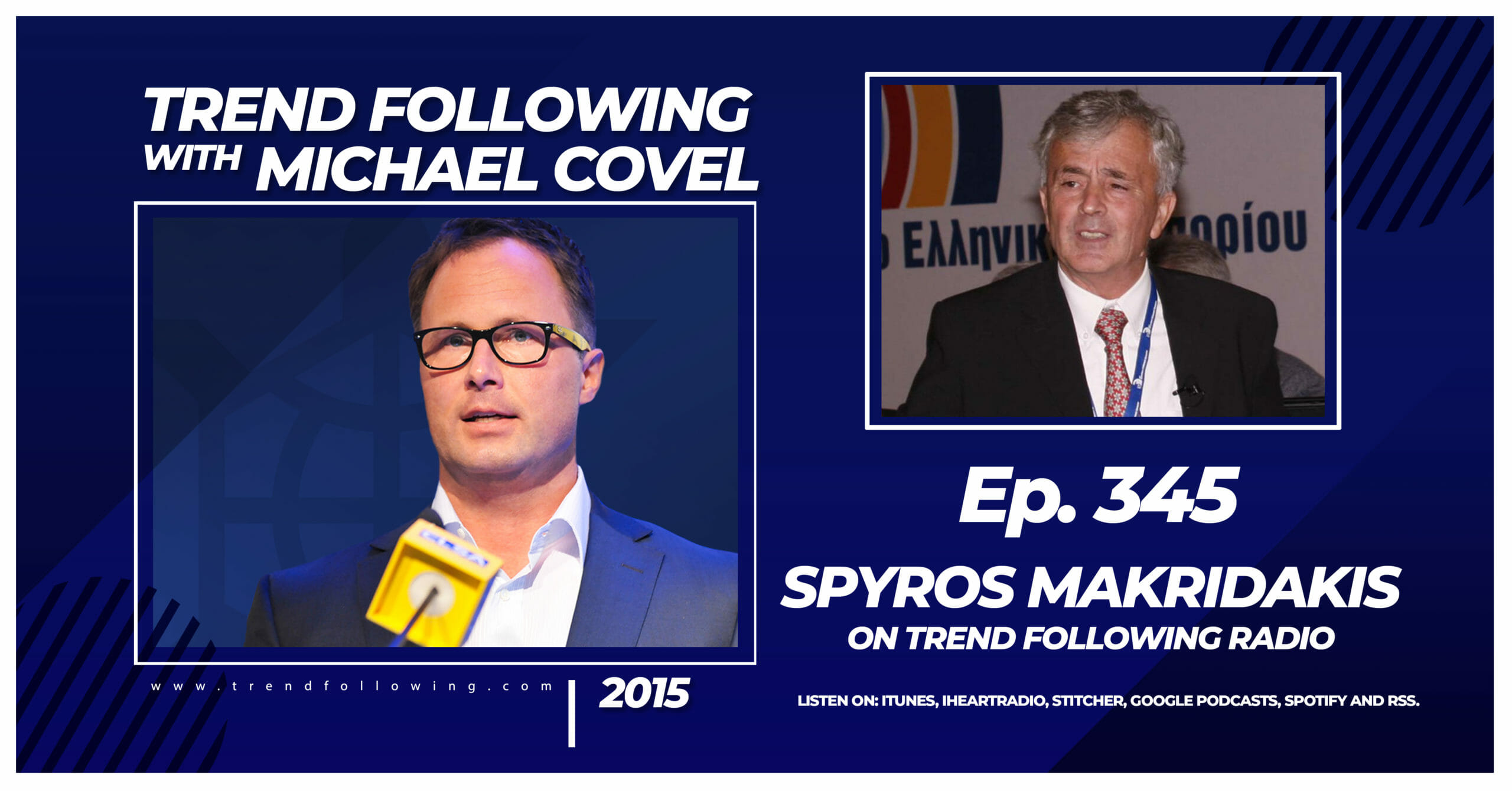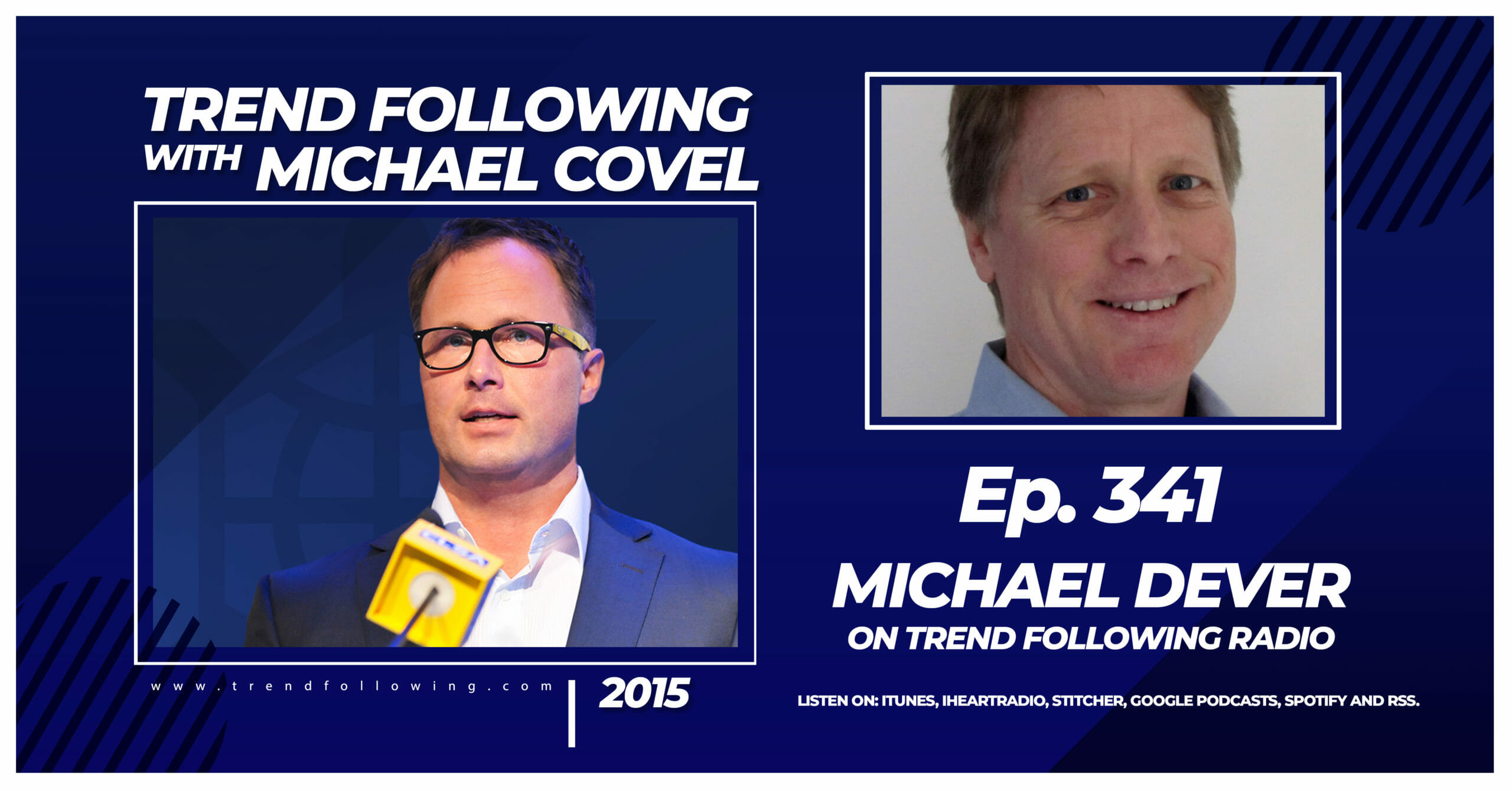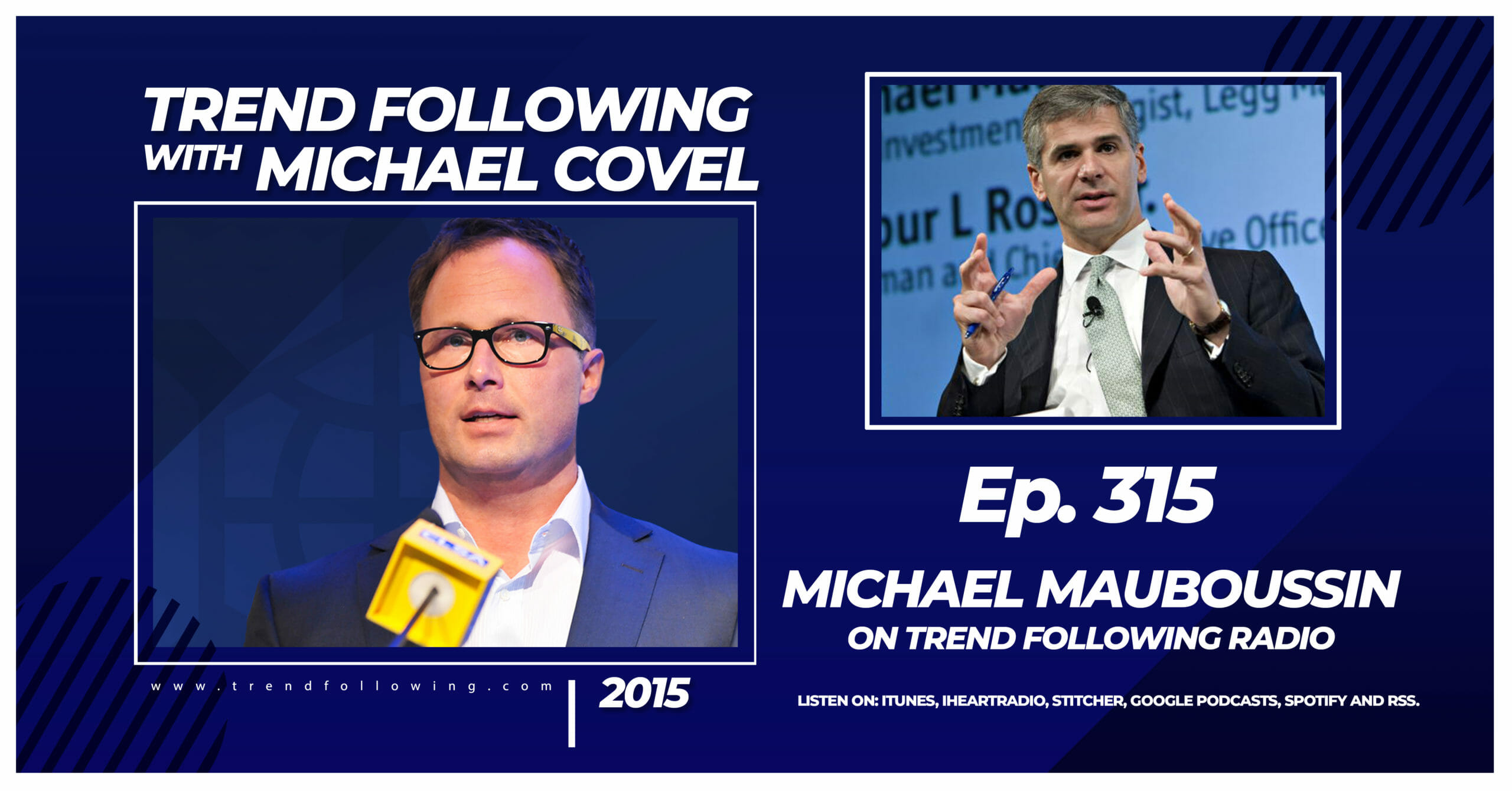Great article titled “Forget fundamentals when buying stocks in China, just follow the algorithm”:
If you are afraid, you’ve already lost. That’s George’s takeaway from the recent rally in Chinese stocks. For nearly two decades he invested on fundamentals. He never put money in a stock without first ploughing through its financial statements and those of its peers as well. “I give in,” said George. From this year, he has left his investment decisions entirely to his computer. The machine calculates various momentum-related factors to pick stocks and he plays along.
Earlier, he used to split his portfolio between his picks and those of the computer. The reason for his new strategy: his picks have lost catastrophically to those of the machine, or in his words, to the might of insider information and policy changes in China.
George is not blind to the country’s political reality. That’s why he has spent more than two years building a computer model that will spot momentum, or in layman’s language, the way the wind blows for a company. “Trades in mainland Chinese companies are affected by insider information more than anything else,” he said. “As outsiders, we are almost helpless. The hope is to ride on those who have inside dope.” Yet deep down, he was a diehard believer in fundamentals. So in September, when the computer came up with the names of four mainland Chinese banks, he hesitated. Not without reason. Both the balance sheets of the banks and the economy were pointing towards further deterioration. He read up more on them and decided to ignore the computer.
He was not alone. Various hedge funds have been shorting Chinese financial stocks. Their prices hit a three-month low by the end of September. They couldn’t have been more wrong.
In October, the People’s Bank of China started injecting liquidity into the economy. A two-year long mortgage cap was also removed to boost the property market. By late November, the central bank was cutting rates.
The stock market went crazy, thanks in large measure to effective cheerleading by the state media. Chinese banks would soon embark on a non-stop six month rally from October. George and his ilk were in deep funk. He would be sitting on a 50 to 100 per cent profit had he listened to the computer. No, he had to think!
Likewise, if you had told anyone that China CNR would rise 133 per cent in October, he would take that as a joke. Yet, only five months after all the effort and money put in to get it listed in Hong Kong, the central government decided to merge the rolling stock maker with its only competitor. The rest is history. “Fundamental analysis is not for China,” George concluded.
That’s no news. For decades, Beijing has been dictating policy, corporate moves, market movements and even the bottom lines in the case of state firms.
When the country has enough cash to move the markets, normal market rules get thrown out. Time and effort spent in understanding an industry and picking the winner becomes futile. No wonder an increasing number of fund managers have swallowed their ego, switching from human intelligence to the artificial one.
Like George, Alice now trusts her algo more than her brain. “Computers have no fear,” she said, referring to her successful investment in Hanergy Thin Film Power Group. Almost every major international and domestic financial media outlet has questioned the veracity of this company’s profit declarations and the soundness of its finances given the size of connected transactions and receivables. The company has denied all the allegations.
Against all odds, the solar power firm’s share price has climbed more than three times in the past six months, making its controlling shareholder Li Hejun the wealthiest man in Asia. Journalists have pointed to the 3.5 billion yuan in trust products the company has issued and have wondered if that money has any link to the stellar price performance.
In short, this is a stock that most fund managers would avoid. Not the computer. It told Alice to get in when the momentum was good, and out when not. It is “company-blind”. Alice made double-digit returns in less than three months.
Welcome to the brave new world.



